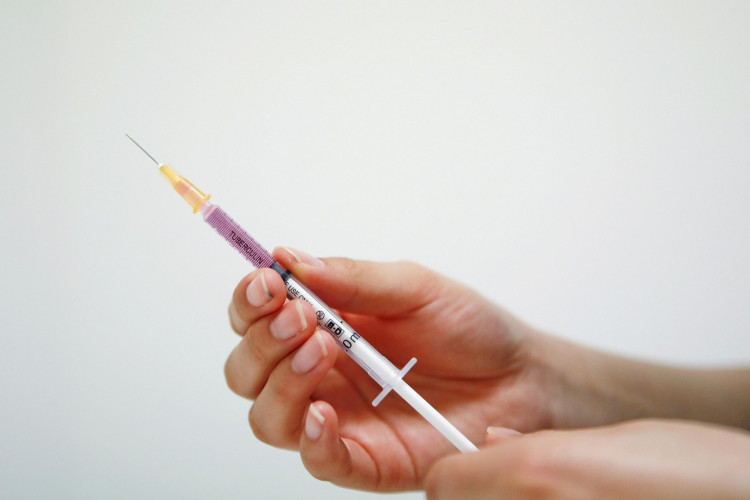China's recently rolled out drug reimbursement list has proven to be effective in enhancing the overall health of the public by making previously expensive treatments more accessible. Apart from promoting public health, the new policy has also managed to encourage international pharmaceutical companies to continue to innovate.
The country's new drug reimbursement list was rolled out on January 1 and included a total of 70 medicines. The drugs on the list included treatments for serious illnesses such as diabetes, hepatitis, cancer, and tuberculosis. International pharmaceutical companies such as Allergan had managed to include its products on the list through negotiations with the national government.
In Allergan's case, the Ireland-based company managed to include its treatment for macular edema, which is mainly caused by retinal vein occlusion (RVO). The particular disease affects more than 7.4 million people in China. Allegan China president, White Wang, mentioned in a statement that the inclusion of its product is clear evidence of China's determination to enhance the overall health of the public by addressing major illnesses that affect its citizens.
Apart from the RVO drug, the reimbursement list also includes 22 anti-cancer drugs, 14 drugs for chronic diseases, seven rare disease drugs, and four drugs specifically for children. Through the reimbursement system, the prices for most drugs on the list, such as those for hepatitis C, were effectively reduced by an average of 80 percent.
According to the National Healthcare Security Administration (NHSA), the reimbursement list should greatly reduce the costs of the drugs, making them more affordable to those who need them the most. With the price reduction and medical insurance reimbursement, the financial burden on patients in need of the drugs will effectively be just around 20 percent of the original cost.
As an example, a patient using an anti-cancer drug would have typically paid around 50,000 yuan per pack, which is around a month's worth of dosage. With the reimbursement list, the same drug would now cost around 2,000 yuan per pack. The price reduction effectively takes out a huge amount of financial burden on Chinese families, most of which might have been forced to sell a property or take out steep loans.
The vice president of US biotech firm Gilead and the general manager for its Chinese unit, Rogers Lou, stated that China's favorable policies have managed to greatly accelerate drug access in the country. It has also forced companies to innovate their products as the government does have a very stringent vetting process in selecting the drugs it will include in the list. These factors have apparently managed to create a more sustainable healthcare sector in China, while also building healthier drug ecology.






